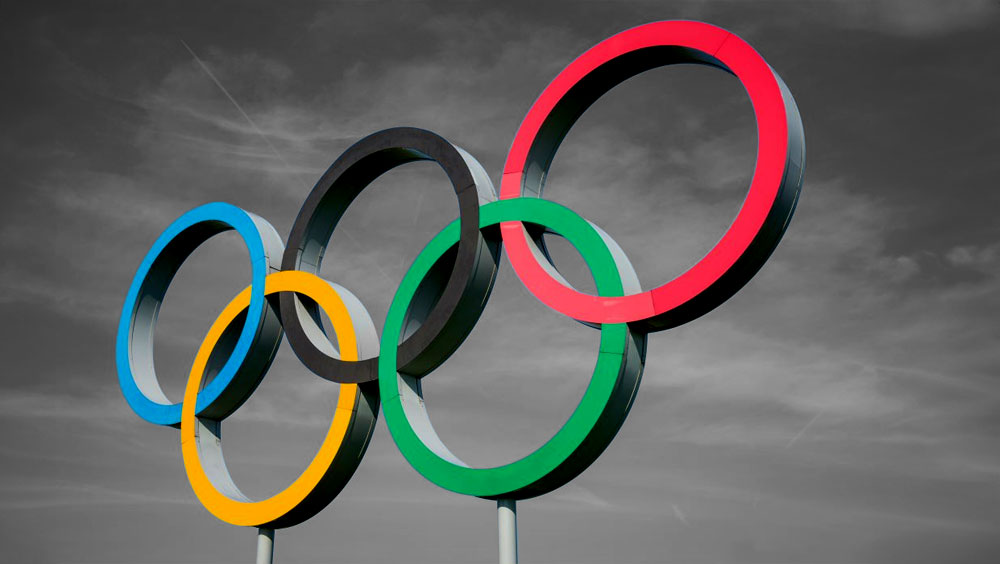The Olympics have a rich and fascinating history, full of remarkable achievements, strange occurrences, and mathematical curiosities that often go unnoticed. While many of us tune in for the incredible athletic prowess on display, there are plenty of Olympic facts that stand out for their humor and unexpected nature. Dive into these unusual stories and trivia that will change the way you view the games.
Mathematics And The Olympics

One of the lesser-known aspects of the Olympics is its surprising connection to mathematics. Of course, we all know that stats play a huge role in sports, but did you know that there are math-related Olympic facts that might blow your mind? For instance, the classical ratio known as the Golden Ratio can be observed in the design of some Olympic venues, believed to create aesthetically pleasing and efficient spaces. This intersection between math and sports goes to show how different disciplines come together to make the games a global phenomenon..
The Marathon Mix-Up
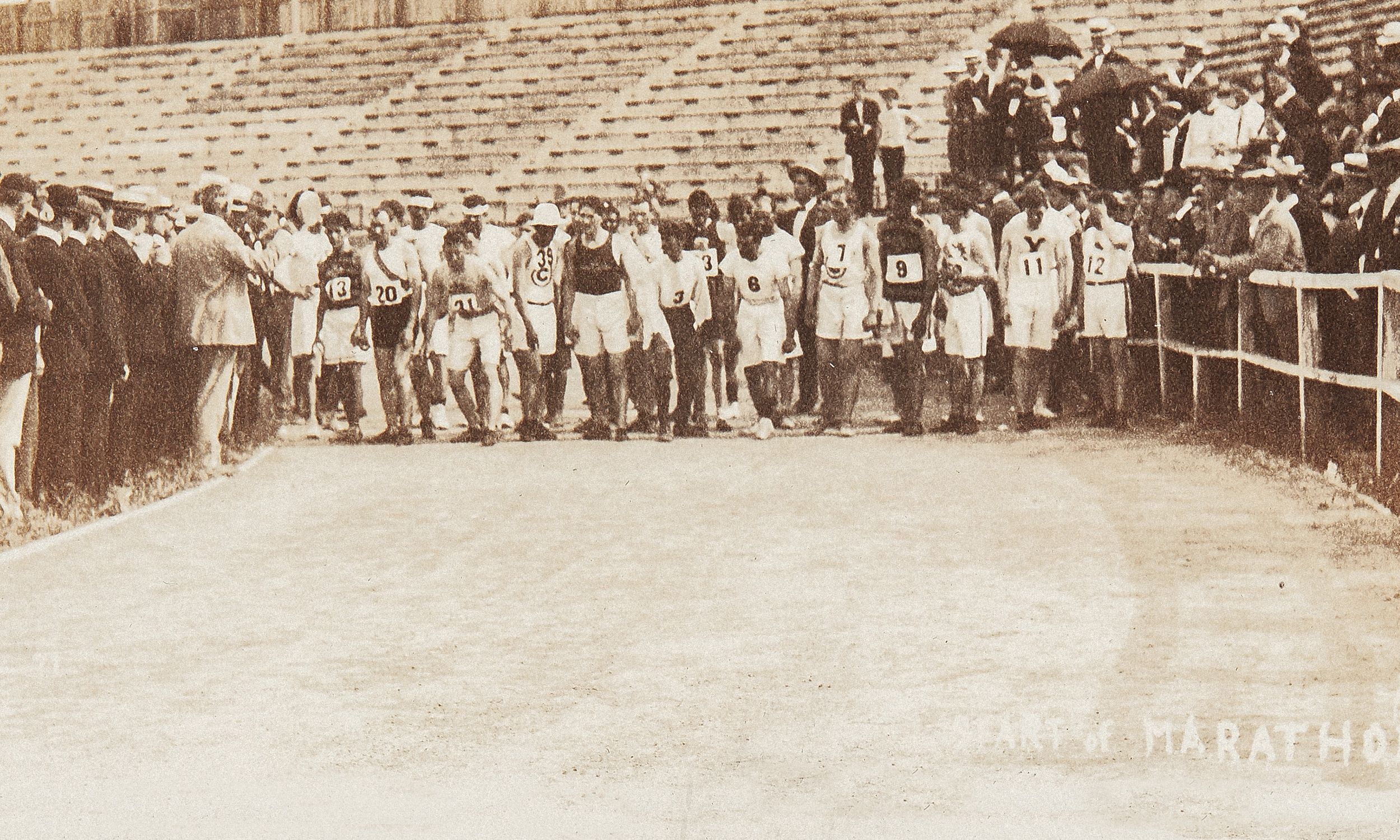
When it comes to funny facts about the Olympics, the story of the marathon comes to mind. In the 1904 St. Louis Olympics, the marathon being run under sweltering heat turned into a chaotic event, with one runner even taking a ride in a car, only to walk back into the race and finish first—until he was disqualified. Another competitor was helped across the finish line by hallucinations and a cocktail of brandy and strychnine, proving that truth can be stranger than fiction..
Tug Of War Was Once An Olympic Sport
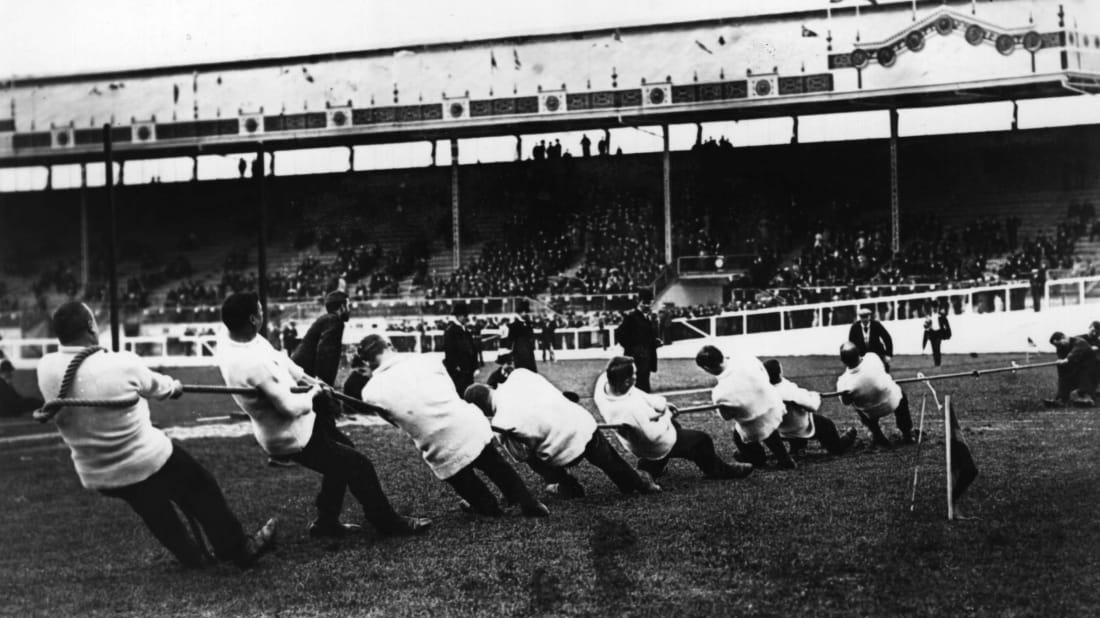
You might be surprised to know that tug of war was once part of the Olympics! This fun Olympic fact dates back to the early 1900s when the game was contested as a team event. The sport was part of the summer games from 1900 to 1920. It's a delightful thought to imagine the world's strongest men and women, all pulling their hardest to bring victory to their side, highlighting the diversity of sports and how they've evolved over time..
A Typographical Error
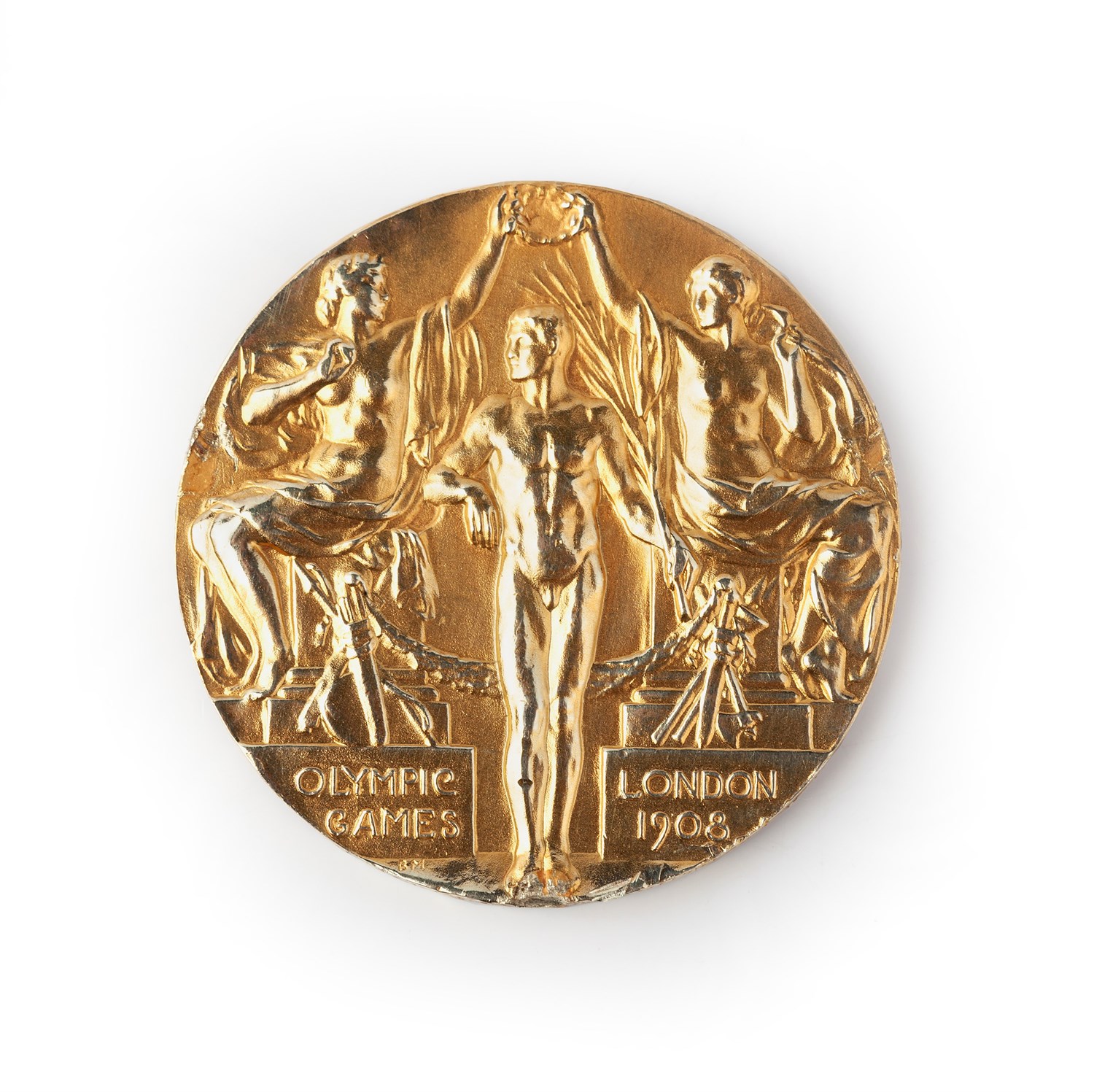
Imagine reaching the Olympics, only to find your country has been misprinted. This happened in the 1908 London Olympics when the team from Sweden was mistakenly listed as 'Sweeden.' These kinds of blunders serve as a reminder that even events as prestigious as the Olympics aren't immune to human error. Whether it's a typo or a mix-up during proceedings, these stories offer a light-hearted view of the organizing challenges faced by host countries..
Mascots And Costumes

The tradition of Olympic mascots began in 1968 and since then they have become iconic symbols of the games. Each mascot brings with it its unique flair and fun Olympic facts. Probably the most outlandish was Waldi, the dachshund mascot of the 1972 Munich games, chosen for its characteristics of resistance, tenacity, and agility—qualities needed by the athletes competing in the games..
Physics In Motion
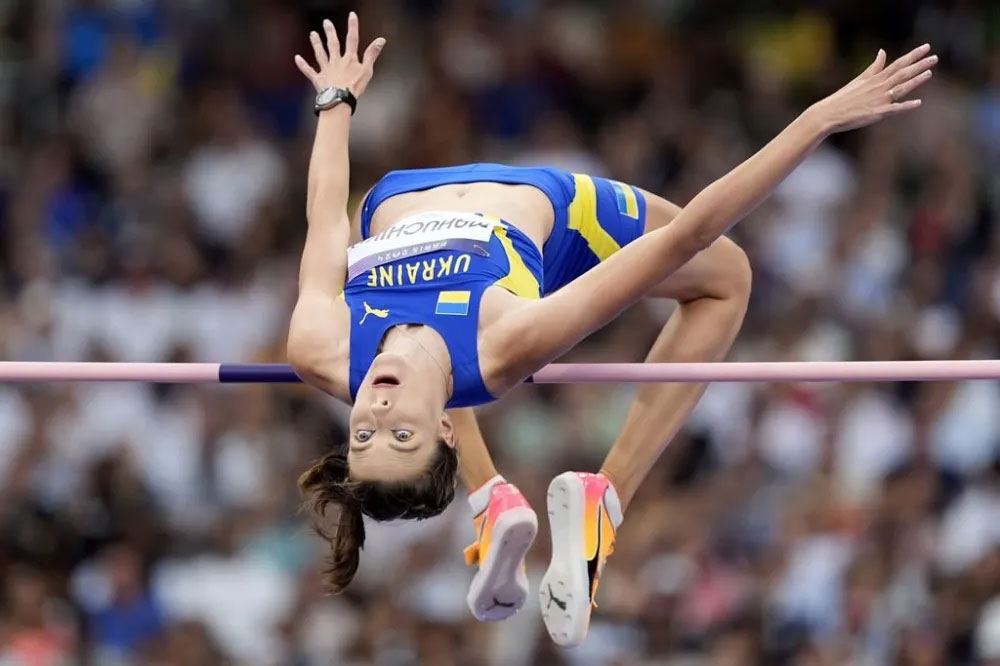
Let's delve into a5 math related Olympic facts focusing on the physics involved in athletic feats. The high jump, for example, incorporates principles of physics and mathematics in determining the parabolic flight path. Athletes achieve remarkable heights not just through physical prowess but by applying these scientific principles to optimize their performance. Such integrations of scientific knowledge showcase how math underpins success in the competitive world of sports..
The Phantom Timer

One of the funny facts about the Olympics involves the 'Phantom Timer' incident. During the 1936 Berlin Olympics, a malfunction led to a sophisticated electronic timer system stopping well before the race finished, causing chaos and confusion. This incident underlines the technological challenges of the past and provides a humorous look back at the evolving precision of timing in the Olympic Games..
Historic Olympic Blunders
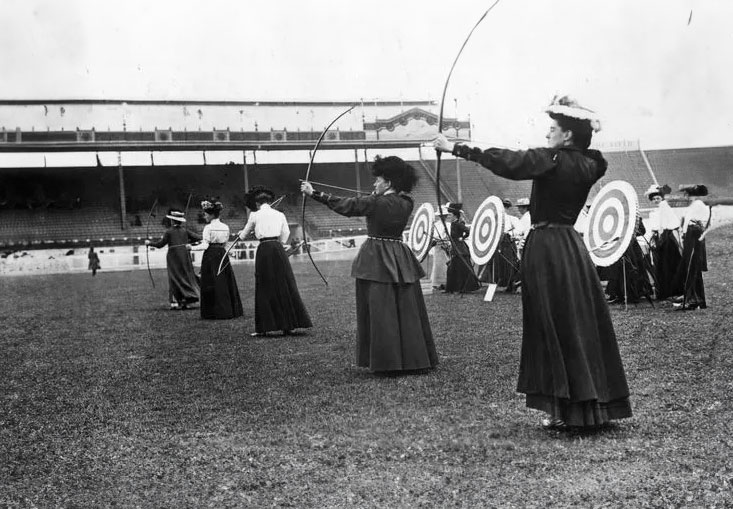
Among the plethora of entertaining anecdotes, one involving a pigeon race stands out. In the 1900 Paris games, live pigeons were used during a shooting event, leading to a controversy that even led to its discontinuation as a sport. A mix of outdated traditions and the evolving ethics of sports sometimes culminated in peculiar scenarios at the games, showcasing a transformative journey through Olympic history..
Unconventional Events
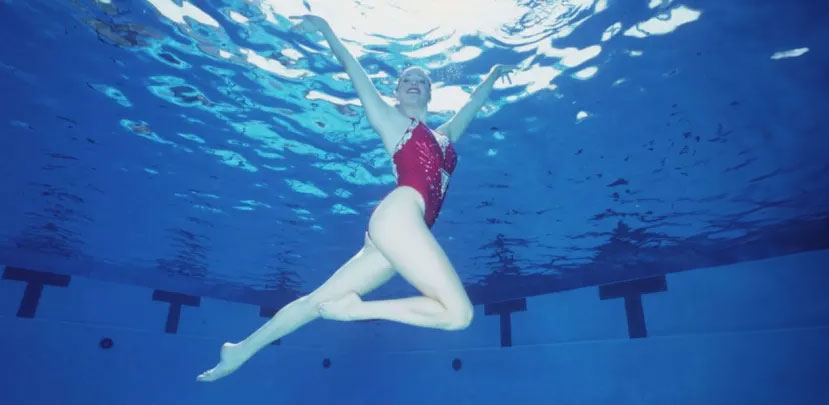
Aside from the well-known sports, the Olympics have hosted some unusual events. Consider live pigeon shooting from the past, or the solo synchronized swimming—yes, you read that right—in which competitors swam alone, synchronized to music that only they could hear. These fun Olympic facts highlight how the games have forever adapted and changed, each quirk adding another layer to its storied history..
The Olympics, steeped in tradition and excellence, are made richer by quirks and lesser-known stories. From the amusing to the mathematical, these intriguing snippets not only add a layer of fun and insight but also illustrate the games' dynamic legacy. As the Olympics continue to evolve, they remind us of the unpredictability and diversity inherent in competitive sports, capturing our imaginations with every twist and turn.

